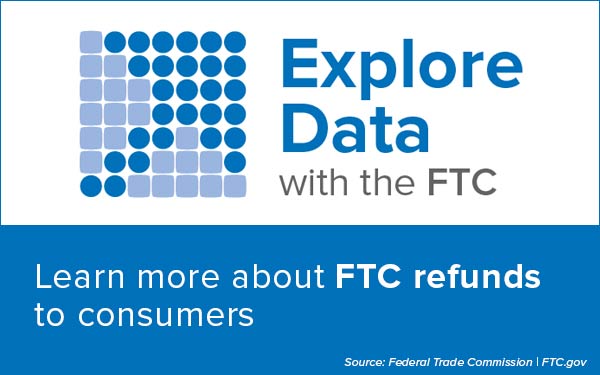The Federal Trade Commission is sending more than $1.2 million in refunds to consumers who lost money to Consumer Defense, a deceptive mortgage modification scheme.
The FTC is sending payments to 6,261 consumers, who will receive $201.34 each. Recipients should cash their checks within 90 days, as indicated on the check. Consumers who have questions about their payment should contact the refund administrator, JND Legal Administration, at 877-595-0141 or visit the FTC website to view frequently asked questions. The Commission never requires people to pay money or provide account information to get a refund.
According to the FTC’s 2018 complaint, Consumer Defense operated under a number of names, including Preferred Law and American Home Loan Counselors, and deceived financially distressed homeowners by falsely promising to prevent foreclosure and make their mortgages more affordable. The defendants typically charged homeowners unlawful upfront fees in monthly installments of $650, falsely promising expert legal assistance. In many instances, consumers paid hundreds or thousands of dollars only to learn that the defendants had not obtained the promised loan modifications, and in some cases had never even contacted the lenders.
In 2019, a federal court ruled in favor of the FTC in the case, and ordered that the defendants’ assets be turned over to the FTC and liquidated to provide refunds to harmed consumers. The defendants, however, appealed the case, which was not resolved until 2022 when an appellate court upheld the ruling but sent the case back to the district court to re-enter the monetary judgment pursuant to Section 19 of the FTC Act after the U.S. Supreme Court’s 2021 ruling stating that the Commission lacks authority under Section 13(b) of the FTC Act to seek monetary relief in federal court. In 2023, the district court entered a monetary judgment under Section 19 of the FTC Act for the defendants’ violations of the Mortgage Assistance Relief Services Rule.
The Commission’s interactive dashboards for refund data provide a state-by-state breakdown of refunds in FTC cases.